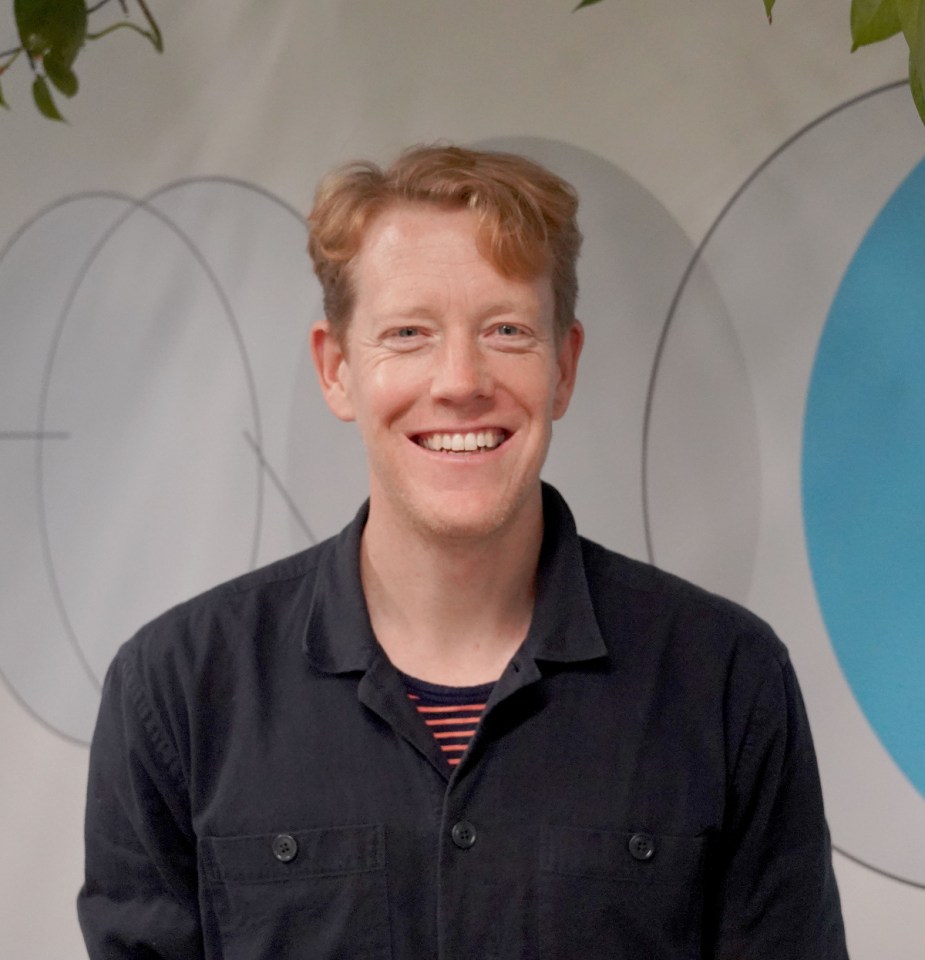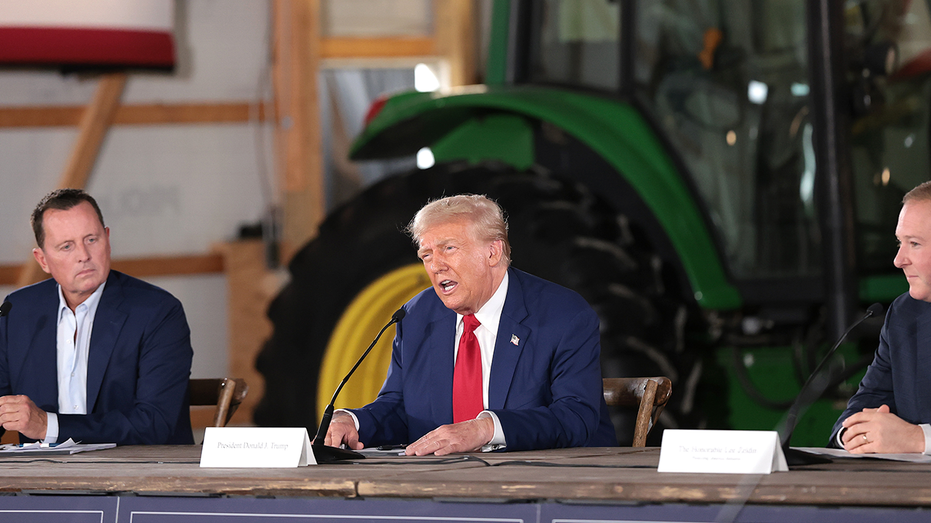Meet the founder rewriting the UK’s higher education playbook
A model of specialisation has long been the golden rule of Britain’s higher education system - but what is the “true” and current value of such a degree?


Jennifer Sieg meets Ed Fidoe, co-founder of London Interdisciplinary School (LIS), to talk about what value he’s trying to bring to the UK’s higher education system today.
A model of specialisation has long been the golden rule of Britain’s higher education system.
For hundreds of years, some of the UK’s most prestigious universities have been established as centres of specialised learning, preparing students for a career in their chosen field.
But what is the “true” and current value of such a degree?
That answer is what Ed Fidoe, one of the co-founders behind the UK’s first new university with degree-granting powers since the 1960s, is on a mission to find.
Fidoe founded London Interdisciplinary School (LIS) in 2017 with an aim to take a multidisciplinary approach to higher education, providing students with a different kind of outlook and opportunity post-graduation.
“It’s quite hard to innovate in education,” Fidoe laughs. “It’s sort of as old as we are.”
“What we do is innovation – which is essentially undoing the last 200 years – to reorganise knowledge, not around disciplines, but around problems.”
LIS has recruited a cohort of top academics and professionals to offer students a range of interdisciplinary approaches and methods that enhance their “intellectual breadth” of knowledge, replacing the traditional norm of a hyper-focused degree subject.
The Whitechapel-based university has managed to gain momentum over the past few years, having since attracted over £10m investment from JamJar, Émlyon Business School, the Canadian Public Pension Fund (CPP), and Galileo Global Education.
How (and why) it works
Shakespeare once said that “a jack of all trades is a master of none, but oftentimes better than a master of one.”

Meaning, of course, that the debate over whether a generalist or specialist is a better performer has been around for quite some time.
Fidoe, however, seems to agree with this statement – especially given that the traditional route of higher education is riskier now more than ever.
“It is now increasingly risky to take the traditional choice [because] there are thousands of history degrees and law degrees and maths degrees and it doesn’t guarantee you a top job in the sense that it used to,” he says.
“Partly because you’re not standing out from the crowd.”
The job market has become increasingly competitive, with some half a million new UK graduates emerging every year with the same 2:1 degree.
Fidoe, who laughs as he says his mechanical engineering degree “did not prepare me to be anything, let alone a mechanical engineer,” says it’s nearly impossible to assess the true degree of risk and uncertainty when it comes to higher education.
Whether that be at one of the world’s top universities, many of which are located in the heart of London, or joining in on a university start-up’s radical shift away from hundreds of years of tradition.
The growing attraction to LIS
Since 2021, LIS has welcomed over 100 students. These students, Fidoe says, are budding young professionals who are looking to equip themselves with the skills necessary to become the next generation of leaders.
“They want to get sucked into these complex issues of AI or sustainability or inequality and problems that they’re personally passionate about.”
“They want to get sucked into these complex issues of AI or sustainability or inequality and problems that they’re personally passionate about,” Fidoe says.
“They care about problems that are bigger than themselves.”
As Fidoe continues to describe all of the different areas of expertise a student is able to master while engaging in modules of problems, qualitative methods, and quantitative methods, his argument becomes clear.
The workforce needs young professionals with transferable skills, and young professionals need institutions to harness and support their ambitions.
This educational structure is more familiar to the US, where students are taught general education courses and a range of humanities and social sciences before narrowing in on one subject in particular.
The US is also a place where liberal arts degrees have become the golden ticket to booming tech companies and government institutions, including Silicon Valley and the Pentagon.
Challenges
Visibility seems to be Fidoe’s biggest challenge when it comes to scaling an institution that is in competition with some of the most prestigious universities that have been around for centuries.
“It’s quite a tough time to be running a university, actually, and to be starting one it’s probably always a tough time,” he says, with a laugh.
Fortunately, with rigorous outreach programmes and a growing network of partnerships, collaborations and recruitment efforts, the last few years have seemed to position the university in the right direction.
For example, Oxford’s Department for Continuing Education launched a new interdisciplinary extra-curricular programme titled “The Vice-Chancellor’s Colloquium” this year, which Fidoe believes to be a sign that the times might be changing.
“We need others to follow, otherwise this will just be a drop in terms of sector change,” Fidoe says.
CV
Name: Ed Fidoe
Company: The London Interdisciplinary School
Founded: 2017
Staff: 45
Title: CEO
Age: 46
Born: Leicester
Lives: Hackney, London
Studied: Mechanical Engineering at Imperial College
Talents: Mike Skinner on Karaoke
Motto: Think long term
Most known for: Turning into a dog in 1990’s children’s TV show Woof!
First ambition: Grow a massive sunflower
Favourite book: Anything written by Robert Caro
Best piece of advice: Always question ‘received wisdom’



